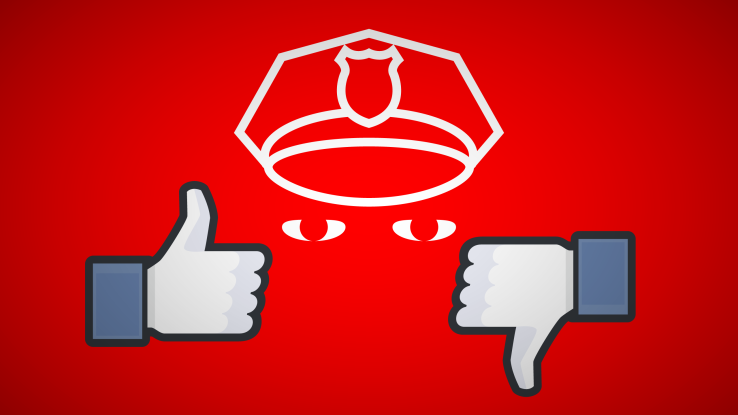

Facebook wants to be unbanned in China, so it’s built a censorship tool that could hide posts about prohibited topics from people in China, according to The New York Times‘ Mike Isaac. Rather than censor posts itself, Facebook would potentially provide the tool to a third-party in China such as a local partner company that could use it to prevent users in China from seeing content that breaks the government’s rules.
While China could unlock huge amounts of users and ad revenue for Facebook, the censorship tool could also be used to enact human rights abuse. If China could track which local users are trying to protest or bad-mouth the government, they could face persecution.
Perhaps that’s why The New York Times says several Facebook staffers who worked on the product have left the company. So far, there are no signs that Facebook has offered the tool to Chinese authorities. We don’t have details on the specifics of how it would work. It’s apparently only one of several ideas Facebook has explored for getting access to China, and they might never be launched.
But the existence of the tool brings up strong concerns about what’s best and safest for Chinese citizens.

Mark Zuckerberg has held in the past that some Facebook access could benefit them. The New York Times reports that at an internal Q&A about its intentions in China, Zuckerberg said, “It’s better for Facebook to be a part of enabling conversation, even if it’s not yet the full conversation.”
That mirrors Facebook’s stance about internet access, where it’s pushed the idea that limited free access to the web is better than none at all for those who can’t afford it. Facebook already allows Chinese companies to buy ads that run in places where it isn’t banned.
In a statement to TechCrunch, a Facebook spokesperson wrote: “We have long said that we are interested in China, and are spending time understanding and learning more about the country. However, we have not made any decision on our approach to China. Our focus right now is on helping Chinese businesses and developers expand to new markets outside China by using our ad platform.”
Over time, the interpersonal connection via Facebook could strengthen communities who might be able to organize and protest the government outside of the app. Yet the censorship tool’s potential to be used to round up dissidents looms over any long-term benefit for citizens, or profit for Facebook.

